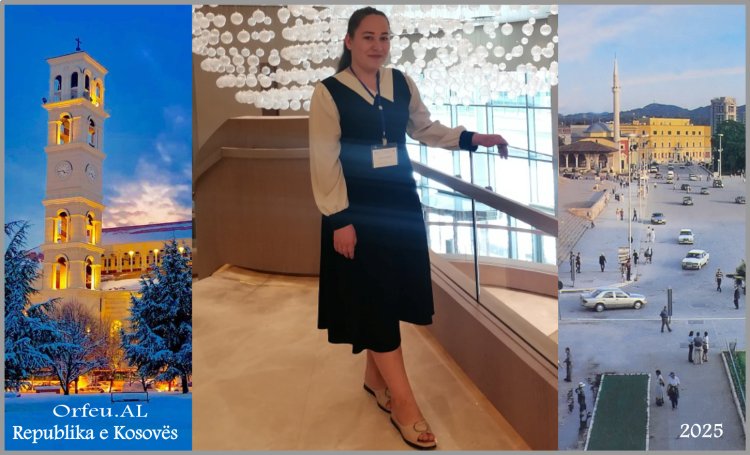Tuliyeva Sarvinoz

THE CULTURE OF READING
In the era of widespread "electronicization" of society and global economic, political and social changes in our country, the culture of reading is becoming more and more important and one of the main means of acquiring new knowledge, improving education. Growing cultural experience, socialization of young people and therefore requires serious and long-term assistance. The decline in interest in the reading process is perceived as a destructive phenomenon in the life of society and gives the right to claim a systematic decline in the culture of reading.
A careless attitude to the problem of reading can lead the world community to the last stage, which can lead to the decline of society. Reading culture is the main means of socialization of a young person, a way of mastering the values, ideas and norms of modern society. People who read are distinguished by their ability to relate to real life, to be ready for all unpredictable situations, they are able to perceive everything at once, they have a large long-term memory, and they creatively solve all problematic issues. Reading quickly forms a person's speech - it becomes brighter in expressiveness, and the vocabulary is enriched. People who read are sociable, independent in behavior, internally free and self-critical.
Therefore, reading, general literacy, human culture, and knowledge are important conditions for the social adaptation and active activity of young people.
We are faced with the task of developing an algorithm to eliminate negative trends in the decline of the level of reading culture. Reading is a life movement, and literature is one of the spiritual means of the movement of self-discovery in the real test of life.
The concept of reading culture is that the development of a well-rounded personality occurs through education and independent work on oneself, which is impossible without the reading process. On the other hand, the phenomenon of reading culture itself is formed through the development of the reading process and is directly proportional to the state of society itself.
The role of books in raising a knowledgeable and intellectually developed generation is important. Through reading, a person acquires knowledge, becomes spiritually enriched, and gets acquainted with the world around them. Sometimes a book can answer complex life questions. Reading, as a means of knowledge, helps to quickly adapt to the surrounding society and is an important tool in the development of the individual and society. The book is an invaluable spiritual treasure, an important tool in the education of young people. With a variety of topics and genres, the main task of the work presented in the book is to educate the individual, expand his worldview and outlook, and direct him to serve society. E.L. According to Nemirovsky, “...if it were necessary to choose a common symbol of earthly civilization, the book could become it. The peoples of the Earth are not the same. Their traditions, lifestyles are different. Social structures and political systems differ from each other. But the book remains a book everywhere, although it speaks many languages and promotes different views.
There are more good books than bad ones. Books unite people - this is an axiom that does not require proof. At the same time, the reading process should not be an end in itself, because reading for the sake of reading is just an interesting activity. As V.A. Sukhomlinsky noted, “Reading as a source of spiritual enrichment does not come from the ability to read; it is just beginning with this skill. Reading is a mirror through which children see the world and themselves and learn.” Youth is our future. Therefore, parents, teachers, and employees of educational institutions need to consistently and purposefully instill a love of reading in children.
Sometimes it is our duty and responsibility to take care of the future generation that will come later.
Tuliyeva Sarvinoz
Teacher of native language and literature, Shaykhontohur district polytechnic



 Moderator
Moderator 




